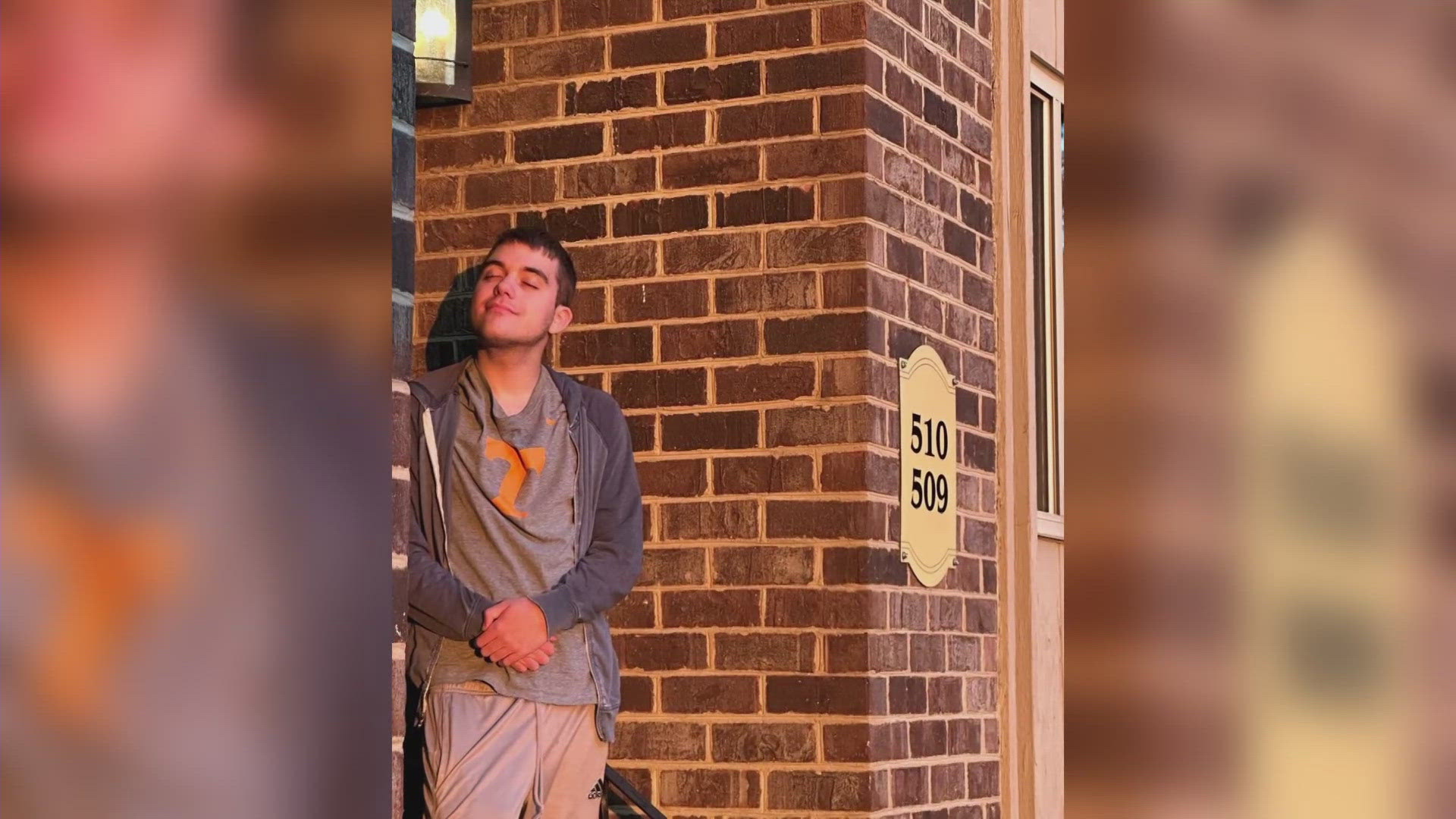KNOXVILLE, Tenn. — A Maryville man mowed down and killed a young pedestrian walking along busy Kingston Pike while driving a van high on drugs, a Knox County grand jury indictment alleges.
Shannon B. Walker, 45, further endangered the lives of multiple other people that same day, Aug. 21, who were out in the area, the document states.
A Knox County grand jury returned the indictment April 17 against Walker.


The 12-count document includes counts of vehicular homicide, reckless endangerment, possession with intent to sell drugs and driving under the influence.
Walker killed Ben Kredich, 24, as Kredich walked to meet his father for dinner at the Sunspot restaurant on the Cumberland Strip, authorities allege. Kredich was the son of Kim and Matt Kredich, director of swimming and diving at the University of Tennessee.
According to the indictment, Walker was driving the vehicle while under the influence of marijuana. He crossed multiple lanes of traffic in the van before hitting Kredich near Thimbleberry Way as he walked on the north side of Kingston Pike, police said.
Walker then crashed into a pole and wrecked at the entrance of the Second Presbyterian Church on Kingston Pike. Kredich died at the scene.


The indictment also alleges Walker, on the day of the wreck, possessed drugs that included fentanyl and xylazine, a non-opioid sedative, as well as drug paraphernalia.
After the crash, authorities found Walker unresponsive with his van engine still running.
Hours earlier, KPD said Walker had been taken to an area hospital after he was found unresponsive outside a home. AMR responded to the call and gave him Narcan to revive him.
Police said AMR took him to Parkwest Hospital where he refused further treatment and was released, roughly 30 minutes before the crash.
Walker was still wearing a hospital bracelet when first responders arrived at the Kingston Pike crash scene.
The grand jury indictment follows the expected enactment of a bill this spring called the Ben Kredict Act, which is meant to prevent people from getting behind the wheel after using illegal opioids. It states that evidence showing a person used controlled substances within 24 hours before a violation can specifically be used to show that a person broke laws about driving under the influence.
The state Senate passed the bill last week. The House approved it unanimously this week.

